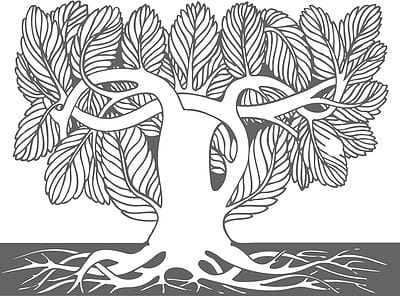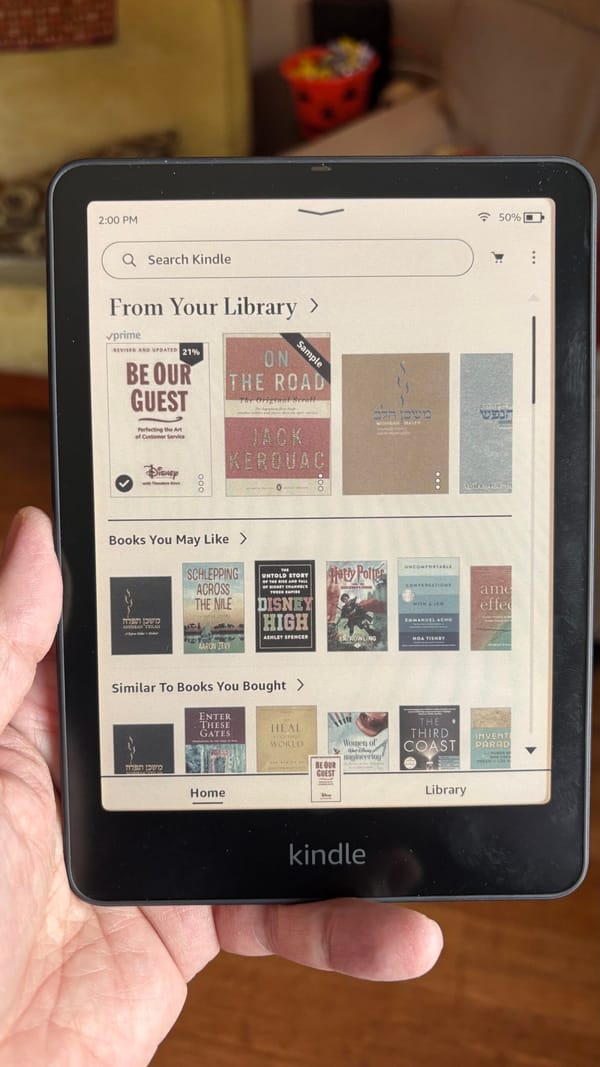The Anger and Emanuel
How do you apologize to an entire synagogue? With love. On Emanuel Congregation and the teshuvah I've owed for a long, long time.

How do you apologize to your life for being angry for six years? That's really asking how you apologize to six years' of people in your life. The question is more artful than the answer. But here goes.
I wish I could explain my family's basic position of emotional overwhelm. Of all the stories we've accumulated over the past century-and-a-half of us, they always tend to fall into two categories: our ability to deeply feel; and our ability to become completely short-circuited by that. Our successes so often become our failures as we fail to allow our successes fully in. For every loving mother, college graduate, career achievement, and long-term relationship, we always seem to see and raise ourselves an absent father, a serial underachiever, an unavailable partner, a rank alcoholic. Not for nothing, but my siblings left this place for a reason.
I'm more squarely in line with my Aunt Juanita. Like her, I've spent my adulthood doing my best to make peace with the overwhelm. After my conversion journey concluded, I though I had put most of the demons to bed for good. Regular readers and people who have shared--or not shared--the past six years of my life know better, though, and are shaking their heads right now.
And so am I.
There are many things I don't regret over the past six years. Growing into my Judaism. Reconnecting with my family. Deciding--or realizing--that Chicago wasn't meant to be an endpoint for me. Exploring other urban options. Standing up for my values. Trying to push the boulder of consulting work up the hill again. Finally letting that boulder roll back down. I don't even necessarily regret my disagreements along the way.
But what I do regret is taking the emotional overwhelm of my life out on the people in it. For so many years I knew better and did better. And then, somehow, I didn't--and stayed that way. I can't say exactly how I managed to yank my head out of my ass after six years. There's no easy explanation. No great reckoning. No recovery program. No religious inspiration. I just finally decided to take stock of the things I believed about life, the universe, and everything and realized how much of it was on auto-pilot.
One Herman Schaalman or blessed memory, rabbi emeritus of Chicago's Emanuel Congregation--our first synagogue, across the street from which Ryan and I still live after all this time--used to say we are the stories that we tell. That means we're also the stories that we believe. When you don't examine the storylines you believe about yourself every now and then, how easily they just freeze in place. How hard it becomes to see through them anymore. How quickly you take for granted the feelings and effects that they generate in your life, as if they are random or a plot against you from God--as if what is inside of you isn't intimately connected with the world beyond your skin.
I followed my unexamined beliefs as far as I could. Faulty beliefs like fear and worry and the idea of a random existence that I tell myself by day that a person like me who considers himself radically grounded in the idea of a safe universe doesn't hold to. And mostly what they led to was anger--an anger about a kind of unkind world I really don't believe in. An anger that, left unexamined, can't be acknowledged, embraced, and ended, but only aimed elsewhere, unfairly, at others.
I'm so tired of being angry. All it does is get in the way of what I really mean to say. And what I should have said a long time ago. Like I'm sorry. Like I was wrong. Like I haven't known how to say that for a long, long time.
Some teshuvah is private, and some important people in my life of now and then have heard from me recently in this regard. But some teshuvah is public. So I'm putting this here on my blog, where it belongs...
To Emanuel Congregation--to my former fellow congregants, to board members, staff, and clergy past and present--how badly I missed the mark. I have owed you all an apology for a long time. I took my stridency as a newly minted Jew out on you, expecting one synagogue to be the surrogate for the entire breadth and depth of the Jewish people instead of just letting you be yourselves and celebrating you for who you were and are, which is far more than enough for anyone to expect out of any single shul.
I left in anger, made that anger very public, and kept it going for years. You didn't deserve it. Our differences weren't great enough to merit leaving, much less laying into you in the manner I did. All I can say is I'm sorry. In the end, my actions were not those of a good friend or fellow congregant. Even given our differences at the time, no matter how great I may have thought they were--and I know now they weren't as great as I thought they were--you all deserved more from me. But I was too intent on being angry to love and respect you the way that you all loved and respected me.
When I was on my way out the door, the Fleischmans told me something I never forgot. They said not to expect other synagogues to be any different than Emanuel. People are people, boards are boards, synagogue politics are synagogue politics. Those parts may be true. But there's a part they were wrong about. With no offense intended to any of the places I've been since I left Emanuel, nowhere have I found a group of people as honest about who they are, or as radically embracing of others for who they are, too. I wish I could have gotten out of my way long enough to see it at the time.
I have loved and missed you all for years.
In almost a decade and a half, I have never taken down a post on my blog and I won't start now. I think it's important to know where you've been if you want to really know where you're going. But starting today, there's a disclaimer atop the posts that chronicled my angry exit from Emanuel. It makes clear that what's in my heart and where I'm headed are different now--and it invites readers back here to read the post you just did.
And if ever it is necessary again, hopefully it will serve as a reminder to lead me back here, too.




